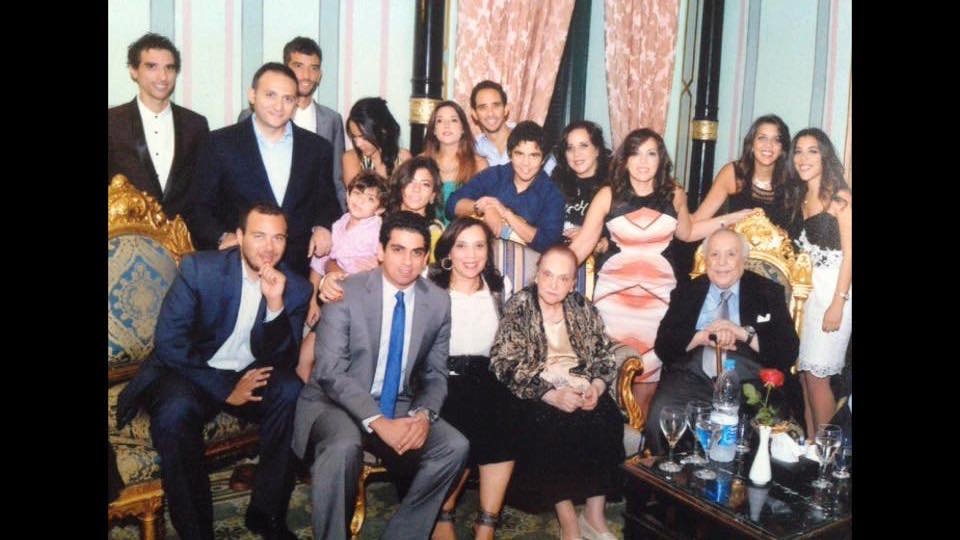When you lose someone you love, the person you lost lives on
in your memory, and the memories of every person he or she touched throughout
his or her life. Part of who they are lives on inside of us. They become part
of who we are, and eventually the time comes for you to project yourself as a
memory to future generations, and that part of you is a synthesis of every
person you lost and held dearly in your heart. So in a way, no one ever leaves
us; no one passes away, we are merely passed on.
My grandfather, Dr. Mohamed Abdel Kader Hatem, was passed on
to his children, grandchildren, great-grandchildren and friends on a Tuesday
afternoon at the age of 97. History will remember him for his many great achievements,
from taking part in the resistance against British occupation to his role as
prime minister during the war of 1973, to his service in both President Gamal
Abdel Nasser and Anwar El Sadat’s cabinets, as well as serving as minister of
information, tourism, and education.

Born in Alexandria in 1918, my grandfather was the founder of
state news agency MENA. He was often referred to as the father of Egyptian
television. His contribution was a labor of love. Introducing the country to
television was a defining moment in Egypt and the Arab world. “Television is
the cultural pyramid of Egypt. Egyptian television is the very simulacrum of
the nation of the eternal River Nile,” he once told Al-Ahram weekly. He later
went on to launch television in Libya, Kuwait, Aleppo, and Syria.
His influence on my life started there, for thanks to my grandfather, the Arab
world was introduced to instant cinema at the push of a button. He did not know
it at the time, but his contribution would eventually make my future
movie-watching frenzy a possibility. Every single film I watched on television,
VCR, DVD or Blu-ray, I owed to him. My grandfather opened the door to my love
for cinema and career as a film critic decades before I was even born.
At the age of 97, my grandfather was still very much active.
He would talk for hours on end about his many adventures around the world. I
once asked him the secret to living a long life, and his response was simple.
“Read.” Indeed, whenever, we would visit him, my grandfather would be buried in
books. He kept his brain active through literature; his hunger for knowledge
kept him alive. As of today, he has
written over twenty books, and I would like to think my love for writing is an
attribute I inherited from him.
Sometimes I wish I expressed my love and admiration to him more often. If I
could give my grandfather one thing before his death, it would be to see
himself through my eyes, only then would he realize how special he was to me.
Yet, in many ways, just as he was passed on to me, I believe we are passed on
to them in their departure as well. They do not travel alone to the next world;
they take part of us with them.
My grandfather meant a lot to a many people. I know history will remember him
for other reasons, but beneath his contributions was a caring grandfather to my
brothers Amin, Karim, and Omar, a loving husband of sixty years to Grandma
Mediha, and a wonderful father to Iman, and Tarek, Mayssa, and Hala. His many
grandchildren and great-grandchildren will carry his memory for the rest of
their lives, and his treasured memory will be passed along to our children and
grandchildren.
“Being is the ability to project oneself into any event you
are concerned about at the time. When you are dying, on the other hand, you
cannot project yourself. Your being is no longer a possible connection with
your future, because you don’t have a future. Therefore, for the first time in
your life, you get to see other people as if you are seeing yourself. You see
their possible connections with the future and you come to realize it’s your
future too. That we are in this together.” —Martin Heidegger











